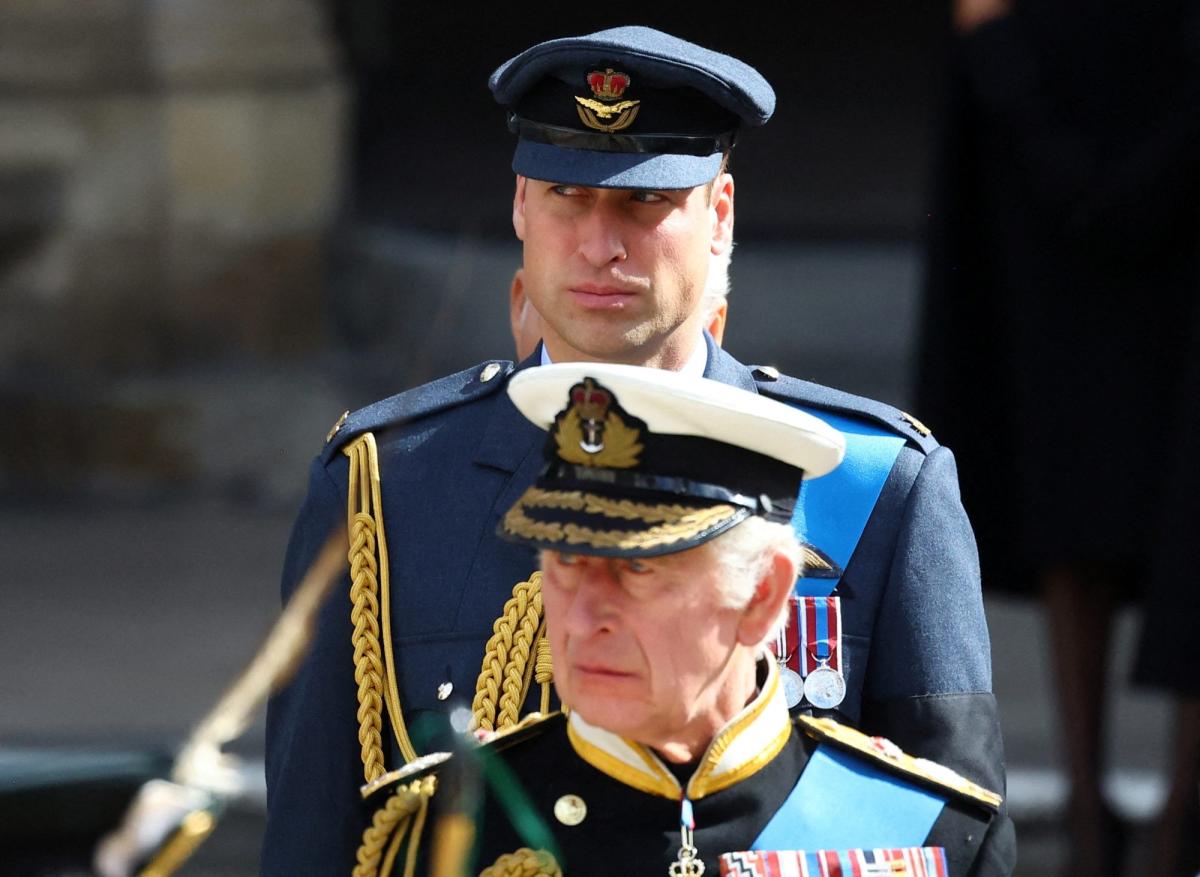ROYAL FAMILY
Royal Power Struggle: Prince William’s Growing Control Leaves King Charles Sidelined

Tension is reportedly brewing behind palace walls, as Prince William, Prince of Wales, takes on a more dominant role within the British monarchy — sparking whispers of a subtle power shift away from King Charles III. Sources claim the 43-year-old heir is no longer simply preparing for the throne — he’s already shaping it.
A Subtle Yet Significant Power Shift
According to recent royal reports, Prince William has begun assuming a much more decisive role in the daily affairs of the monarchy. Insiders describe him as “essentially functioning as king already,” with an increasing influence over palace operations, media communications, and royal priorities.
King Charles, now in his late seventies, appears to be gradually stepping back, allowing his eldest son to take the lead in shaping the future of “The Firm.” Analysts say this handover of responsibilities may signal not tension, but transition — a calculated move to ensure stability for the monarchy’s next era.
⚖️ William’s Firm Grip on Palace Affairs
Reports from The New York Post and Hindustan Times reveal that William is taking a more assertive approach in decision-making than ever before. He has reportedly tightened control over royal finances and is pushing for a “leaner, greener monarchy” — cutting down on excess and demanding accountability at every level.
> “He wants every expense justified and every initiative aligned with modern values,” one insider shared. “William’s vision is efficiency and relevance — not extravagance.”
Additionally, William and his wife, Catherine, Princess of Wales, have been granted the rare authority to issue Royal Warrants — a privilege once reserved for senior royals of the highest rank. The move marks a symbolic but telling moment in the power dynamic between the King and his heir.
The Rise of a Tough Ruler
Behind William’s polished public image lies a ruler with steel in his spine. Insiders describe him as “the toughest ruler the family has ever seen,” unafraid to make hard decisions or confront internal resistance.
A royal expert told Fox News:
> “William is far more forthright than his father. He’s pragmatic, decisive, and unafraid to set boundaries — even with family members.”
Those “boundaries” reportedly extend to relatives like Prince Andrew and Prince Harry, both of whom are said to be cautious about crossing the future king’s path.
A Modern Monarch in Motion
William’s growing control also reflects the changing nature of the monarchy itself. With rising public expectations for transparency and accountability, his assertive leadership style could prove to be the reset the royal family needs.
From environmental reform to streamlined public engagements, William’s influence signals a shift away from outdated royal excess and toward a more purpose-driven, sustainable image.
> “He’s shaping the monarchy for a generation that demands results — not rituals,” a source close to Kensington Palace said.
️ King Charles’ Quiet Role
While the reports paint a picture of William’s ascendancy, royal observers emphasize that King Charles may be allowing this transition to unfold. With his health and schedule under careful management, Charles seems content to delegate more responsibility — ensuring a seamless handover when the time eventually comes.
The King, after all, has long been known for his strategic foresight and deep devotion to the institution. Handing more control to William could simply be his way of safeguarding the monarchy’s long-term future.
What Lies Ahead
As Prince William continues to assume new duties and assert greater influence, one thing is clear: the royal balance of power is shifting. The monarchy is evolving in real time — and William, with his mix of modern ideals and quiet authority, appears to be at its helm already.
Whether this marks the start of a new royal era or a temporary redistribution of power remains to be seen. But one thing is certain — the next crown in Britain will rest on the head of a man determined to rule on his own terms.
